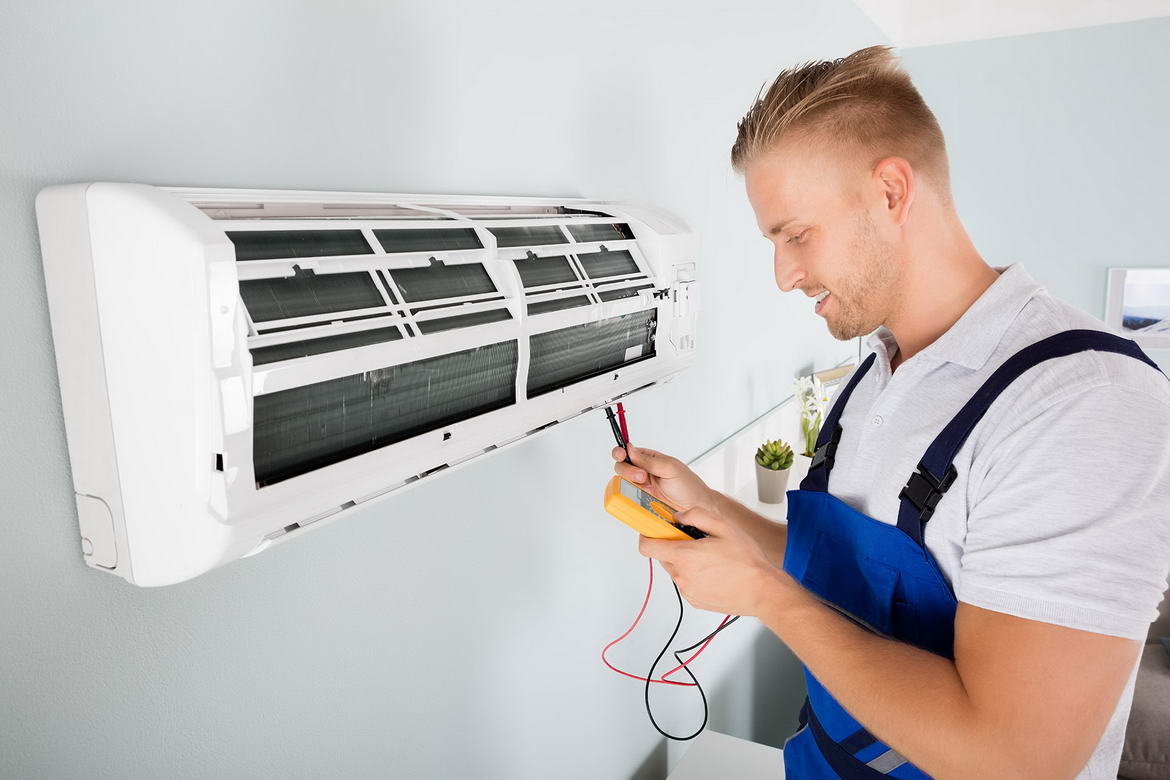
Air conditioning systems are vital in Florida’s hot and humid climate, but they can sometimes develop leaks that disrupt their efficiency. Understanding the common causes of AC leaks and knowing how to address them can help prevent more significant issues down the line. Here’s a guide to the most frequent causes of AC leaks and the repair solutions.
Clogged Drain Line
The drain line is responsible for removing condensation from your AC unit. Over time, it can become clogged with dirt, algae, or debris, leading to water backing up and leaking. This is a common issue in humid climates like Florida’s, where moisture levels are high.
Solution: To fix a clogged drain line, you can use a wet/dry vacuum to remove the blockage. Regular maintenance, such as pouring a mixture of vinegar and water down the drain line, can help prevent clogs.
Damaged Drain Pan
The drain pan collects condensation from your AC unit. Over time, especially in older units, the drain pan can develop cracks or rust, leading to leaks. If the pan is damaged, it won’t effectively catch and drain the condensation, causing water to leak from the system.
Solution: Inspect the drain pan for any signs of damage. If it’s cracked or rusted, replacing the drain pan is usually the best option. Regular inspections can help catch these issues early.
Dirty Air Filters
Air filters play a crucial role in keeping your AC system running smoothly. When filters become clogged with dirt and debris, they restrict airflow, causing the evaporator coils to freeze. As the coils thaw, the excess water can overwhelm the drain pan, leading to leaks.
Solution: Regularly check and replace air filters to ensure proper airflow. In Florida, where AC systems are often running continuously, it’s advisable to change filters every 1-3 months.
Low Refrigerant Levels
Low refrigerant levels can cause the evaporator coils to freeze, similar to the issue caused by dirty filters. When the ice on the coils melts, it can lead to water leakage. Low refrigerant usually indicates a leak somewhere in the system.
Solution: If you suspect low refrigerant levels, contact a professional technician to check for leaks and recharge the refrigerant. Regular maintenance checks can help prevent this issue.
Improper Installation
Improper installation of your AC system can lead to various issues, including leaks. For example, if the unit isn’t level, it can cause the drain pan to overflow. Incorrectly sized or installed drain lines can also lead to leaks.
Solution: Ensure your AC system is installed by a licensed professional who can properly level the unit and install the drain lines correctly. If you suspect improper installation, having a professional inspect the system can identify and correct any issues.
Blocked Condensate Pump
In some AC systems, a condensate pump is used to remove water from the system. If the pump fails or becomes blocked, it can cause water to back up and leak.
Solution: Inspect the condensate pump to ensure it’s functioning properly. If it’s blocked or malfunctioning, cleaning or replacing the pump is necessary to prevent leaks.
Conclusion
AC leaks can be a common problem in Florida, but understanding their causes and knowing how to address them can help maintain your system’s efficiency. Regular maintenance, prompt repairs, and professional inspections are key to preventing leaks and ensuring your AC unit runs smoothly throughout the year.